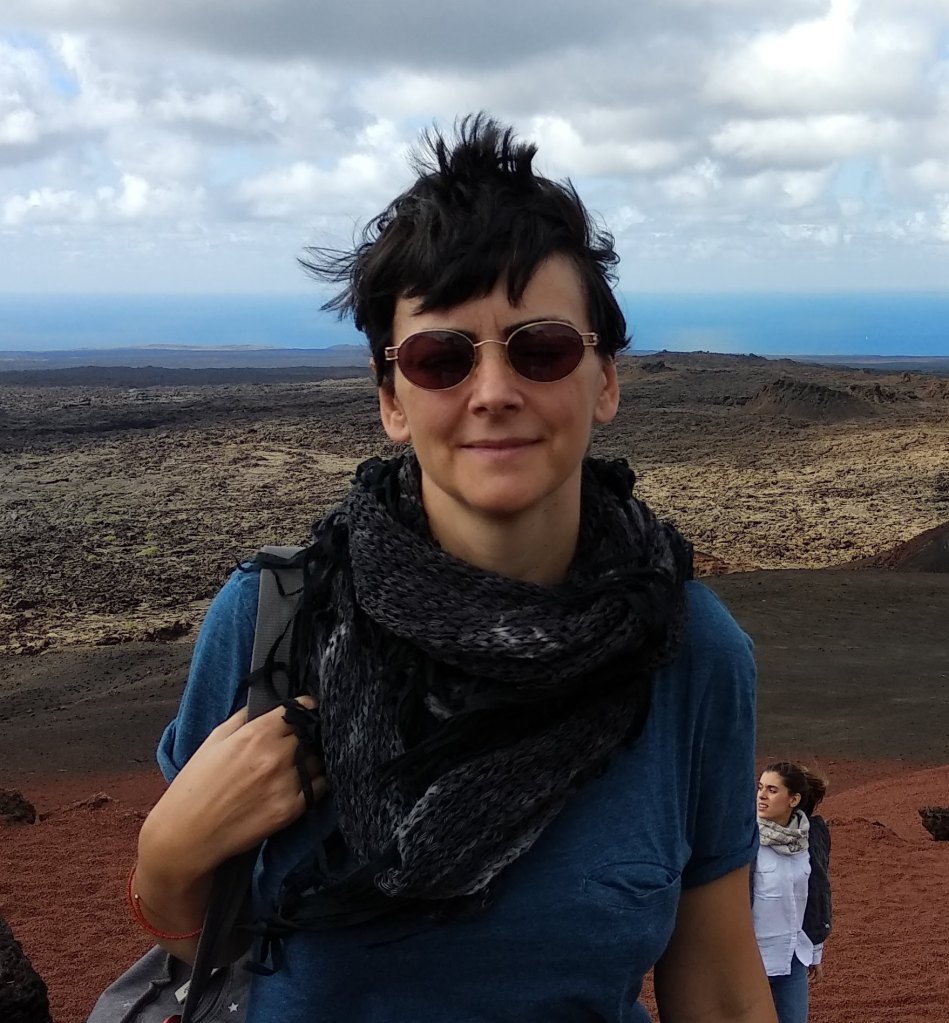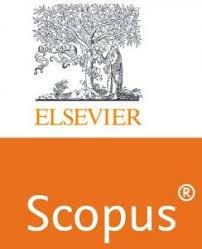
I am a Quantitative Developmental Biologist with an interest in understanding how cells integrate information to determine their state, and use it for cell fate decisions during development. A central theme of my research is the quantitative analysis of these processes using a combination of cell biology, live imaging and modelling.
My work with Drosophila during my PhD gave me a strong background on how genetic tools can be used to study the impact of signal transduction on developmental processes (Muñoz-Descalzo et al., 2005; Muñoz-Descalzo et al., 2007a; Muñoz-Descalzo et al., 2007b; Muñoz-Soriano et al., 2011). During my postdoc in Cambridge, I turned my attention to signal processing integration during fate decisions, studying the interaction between Notch and Wnt signalling pathway and using the Drosophila imaginal disc as a model (Munoz-Descalzo et al., 2011; Muñoz-Descalzo et al., 2010; Muñoz-Descalzo et al., 2012; Muñoz Descalzo and Martinez Arias, 2012; Sanders et al., 2009) During the second part of my postdoctoral training, I changed model systems to mouse embryonic stem cells (mESCs) and early mouse embryos. The main reason for the change is that my work in Drosophila made me realize the need to understand the molecular and cellular mechanisms involved in cell fate decisions at the single cell level and I have found that, for this, the mESCs cells (and early mouse embryos) provide a simpler system than Drosophila (Kalmar et al., 2009). In this, I addressed the role of β-catenin during pluripotency (Faunes et al., 2013). Through collaborations with Mathematicians, Physicists and Computer Scientists, we put forward the first theoretical model to explain how β-catenin is involved in the maintenance of pluripotency (Descalzo et al., 2012; Munoz Descalzo et al., 2014). To expand on the understanding of cell fate decision making in the mouse embryo I have been involved in the development and testing of 3D segmentation tools for confocal images of the embryos (Le Bin et al., 2014; Lou et al., 2014; Mathew et al., 2015; Mathew et al., 2019; Fischer et al., 2020; Fischer et al., 2023). In the past few years I´ve also been interested in bringing these basic science tools to understand how our current lifestyles impacts on fertility, specifically how age and maternal diet affects preimplantation development (Lilao et al., 2023).
My early research career was funded through competitively won fellowships, from the Generalitat Valenciana and Herchel Smith Funds for my PhD and postdoc. During those years I actively participated in research grants from La Caixa, Ministerio de Educación y Ciencia, Ministerio de Asuntos Exteriores, Generalitat Valenciana, Human Frontier Science Program. I also visited several labs thanks to funding from the EMBO and Company of Biologists, among others. As an independent researcher, my funding came from The Royal Society and Wellcome Trust, Agencia Canaria de Investigación, Innovación y Sociedad de la Información, as well as from local funding bodies like GW4, Bath Alumni Funds or ULPGC.
I´ve participated in Ethical Research Committees (Univ. of Bath, ULPGC) and reviewed for multiple research journals (Development, Nature Communications, Biology Open, IScience, Developmental Biology, among others) and funding agencies (Wellcome Trust, Medical Research Council (MRC), and Biotechnology and Biological Sciences Research Council (BBSRC), in the UK).
Finally, to bring Science to the Society, I have published in The Conversation and give talks to promote science at schools. My compromise to bring Science to everyone is also reflected in my role as Director of the registered charity DrosAfrica which aims to create a well-connected community of researchers working with Drosophila in Africa (https://drosafrica.org/). Furthermore, I´ve contributed to the design and implementation of animations to bring Developmental Biology concepts to the public available via YouTube (https://www.youtube.com/@amalabgenetics) with almost 20k visualizations.
I joined the Universidad de Las Palmas de Gran Canaria under the ´Viera y Clavijo´ programme at the Research Institute in Biomedical and Health Sciences (IUIBS for Instituto Universitario de Investigación Biomédica y Sanitaria) in 2017.
Since 2023 I´m a Profesora Contratada Doctora at the Dept of Morfology (Cellular Biology Area), contributing to several units for the Medicine Degree. Recently, I´ve also been appointed Subdirector of the Advanced Confocal and Electronic Microscopy Service (https://simace.ulpgc.es/).





